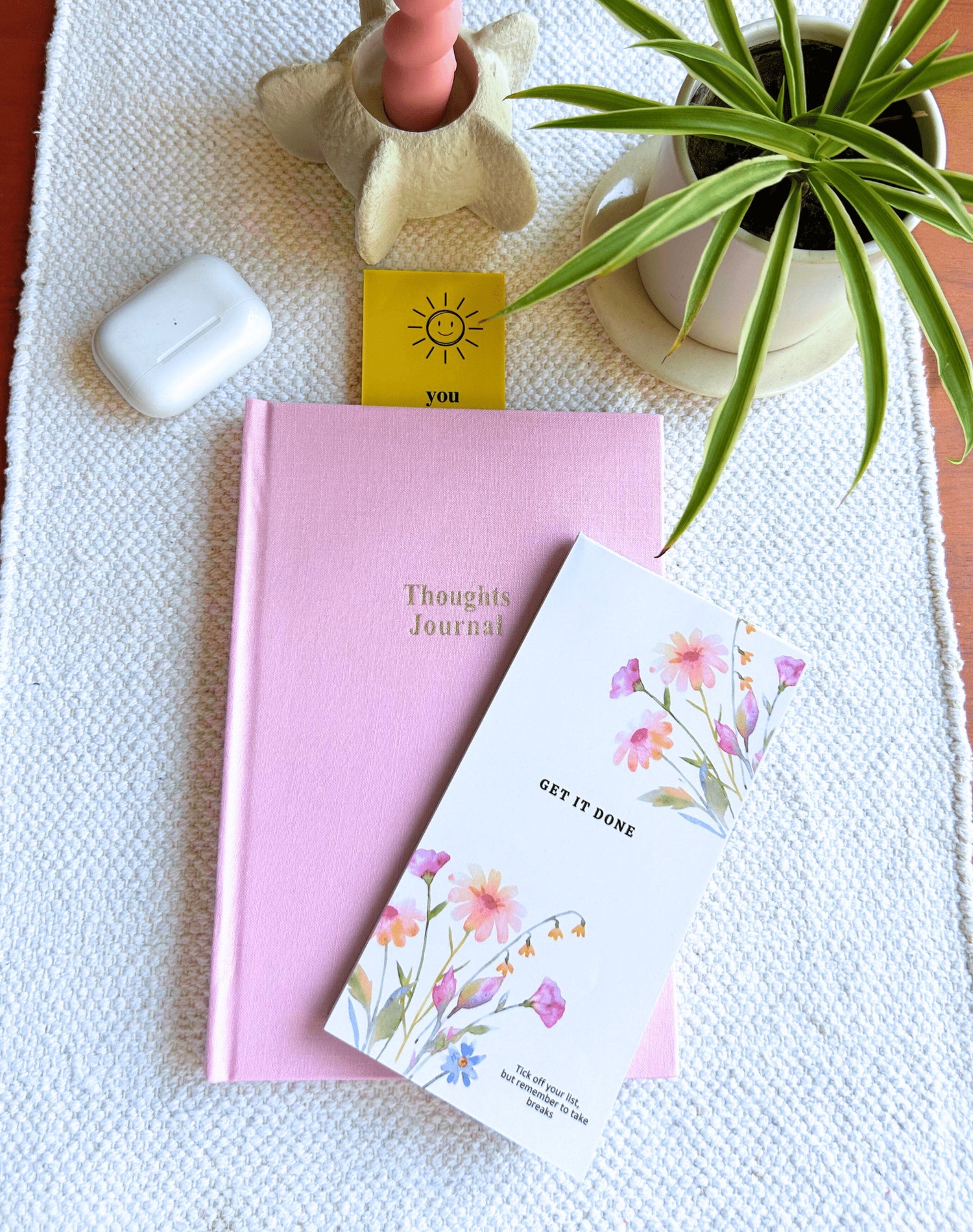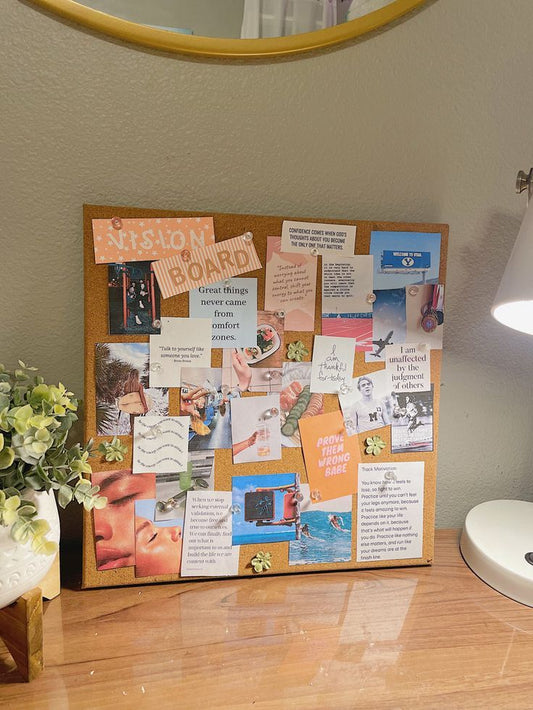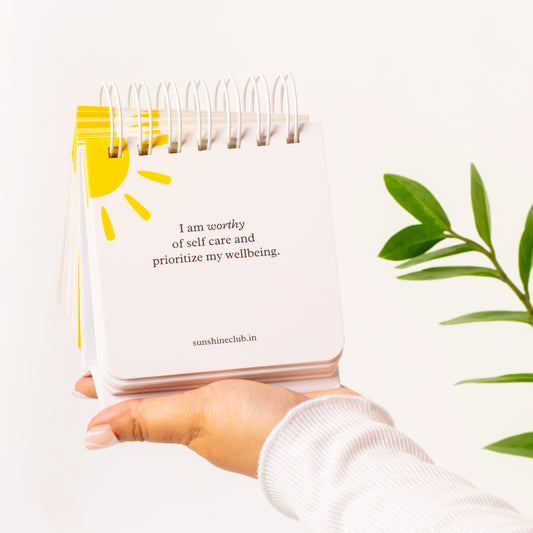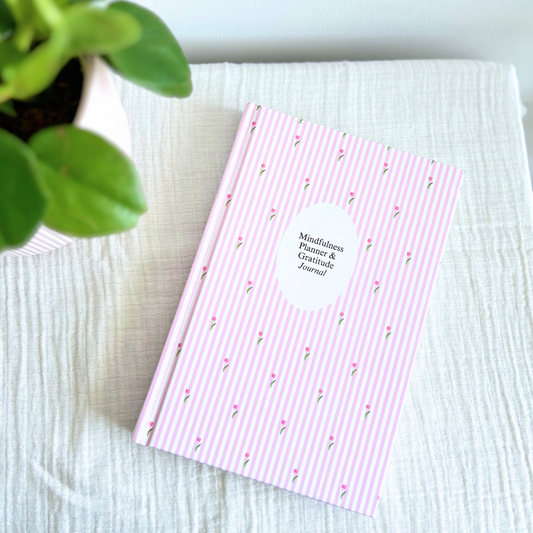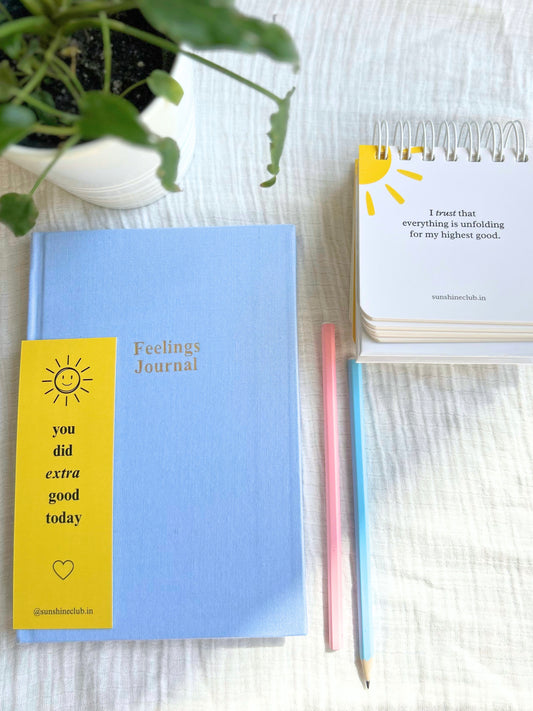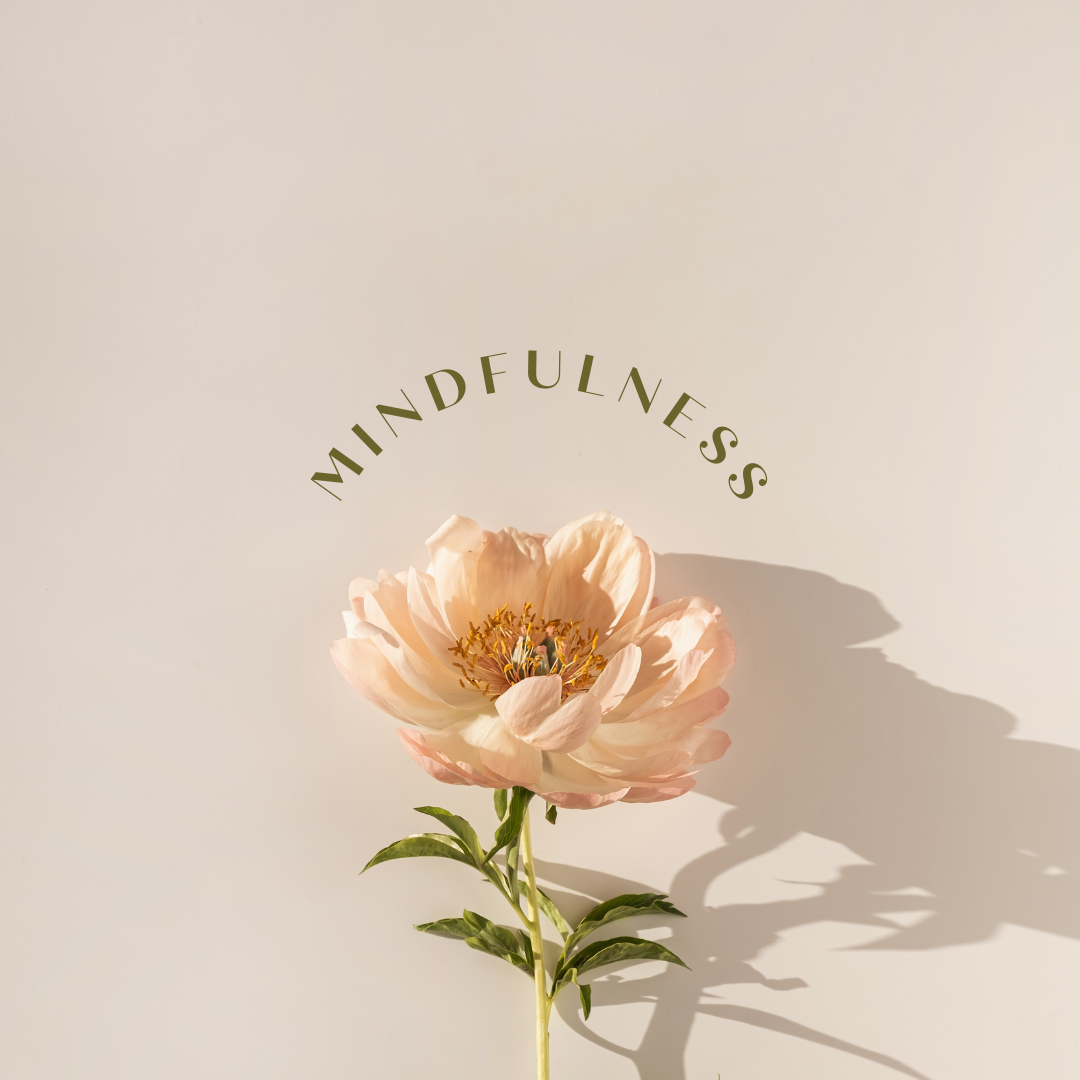
Discovering Mindfulness: Your Guide to Enhanced Well-Being
Share
Mindfulness has become a popular practice in today’s fast-paced world, offering a pathway to greater peace and balance. By being fully present in the moment, mindfulness helps reduce stress, improve mental clarity, and strengthen emotional resilience. This guide will walk you through the essentials of mindfulness and how it can transform your approach to self-care.
Understanding Mindfulness
Mindfulness is about being fully aware of the present moment without judgment. It involves paying attention to your thoughts, emotions, and surroundings with a sense of curiosity and acceptance. Unlike meditation, which is often practiced in a quiet, dedicated space, mindfulness can be integrated into your daily activities.
The Advantages of Practicing Mindfulness
Mindfulness offers numerous benefits that make it a valuable addition to any self-care routine. Here are some key reasons to embrace mindfulness:
- Stress Reduction: Regular mindfulness practice helps lower stress levels by encouraging a calm and focused mind. This can lead to improved emotional well-being and better stress management.
- Enhanced Focus and Clarity: Mindfulness sharpens your concentration by training your mind to stay in the present moment. This can lead to greater productivity and a clearer sense of purpose.
- Better Emotional Balance: Mindfulness helps you become more aware of your emotions, allowing you to manage them more effectively. This leads to greater emotional stability and a more balanced mood.
- Physical Health Benefits: The practice of mindfulness has been linked to various physical health benefits, including improved sleep, lower blood pressure, and reduced chronic pain.
- Stronger Relationships: Mindfulness encourages active listening and empathy, which can strengthen your relationships with others. By being present in your interactions, you can build deeper, more meaningful connections.
- Overall Well-Being: Incorporating mindfulness into your life enhances your overall sense of well-being. It’s a cornerstone of effective self-care, helping you maintain balance and peace in your daily life.
Getting Started with Mindfulness
Integrating mindfulness into your routine is simple and rewarding. Here are some beginner-friendly ways to start practicing mindfulness:
- Mindful Breathing Exercises: Focus on your breath for a few minutes each day. Notice the sensation of air moving in and out of your body. If your mind wanders, gently bring your attention back to your breath.
- Body Scan Meditation: Perform a body scan by focusing on different parts of your body, starting from your toes and moving up to your head. Notice any sensations or tension, and allow yourself to relax with each breath.
- Mindful Eating Practices: During meals, take the time to savor each bite. Focus on the flavors, textures, and aromas of your food. This practice not only enhances your enjoyment of meals but also promotes healthier eating habits.
- Mindful Walking: Practice mindfulness while walking by paying attention to the rhythm of your steps, the feeling of the ground beneath your feet, and the sights and sounds around you. This can be a calming way to clear your mind and reconnect with the present moment.
- Daily Mindfulness Meditation: Set aside time each day for a short mindfulness meditation session. Find a quiet space, sit comfortably, and focus on your breath or a specific sensation. If your thoughts drift, gently guide them back to your point of focus.
Making Mindfulness a Part of Your Everyday Life
Incorporating mindfulness into your daily routine can be simple. Here’s how you can make mindfulness a regular practice:
- Morning Mindfulness Rituals: Start your day with a few minutes of mindfulness. Whether through deep breathing, setting an intention, or simply enjoying a quiet moment, this practice can set a positive tone for the day.
- Mindful Communication: Practice mindful listening in your interactions with others. Focus on what the other person is saying without planning your response. This helps foster deeper connections and more meaningful conversations.
- Mindfulness Reminders: Use cues throughout your day to remind you to practice mindfulness. This could be a phone alert, a note on your desk, or turning routine activities into mindful moments.
- Evening Reflection: Before bed, spend a few minutes reflecting on your day. Consider what went well, what you’re grateful for, and how you can bring more mindfulness into your life tomorrow.
Embrace Mindfulness for a Balanced Life
Mindfulness is more than just a practice—it’s a way of life that can significantly enhance your well-being. By being fully present in the moment, you can reduce stress, improve focus, and develop a deeper connection with yourself and others. Whether you’re new to mindfulness or looking to deepen your practice, now is the perfect time to start incorporating mindfulness into your daily routine.
Mindfulness is a cornerstone of effective self-care, and by embracing it, you can cultivate a life filled with peace, balance, and fulfillment.
